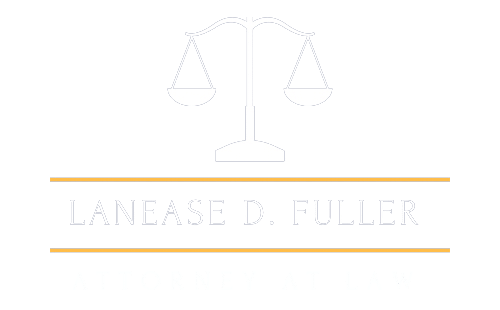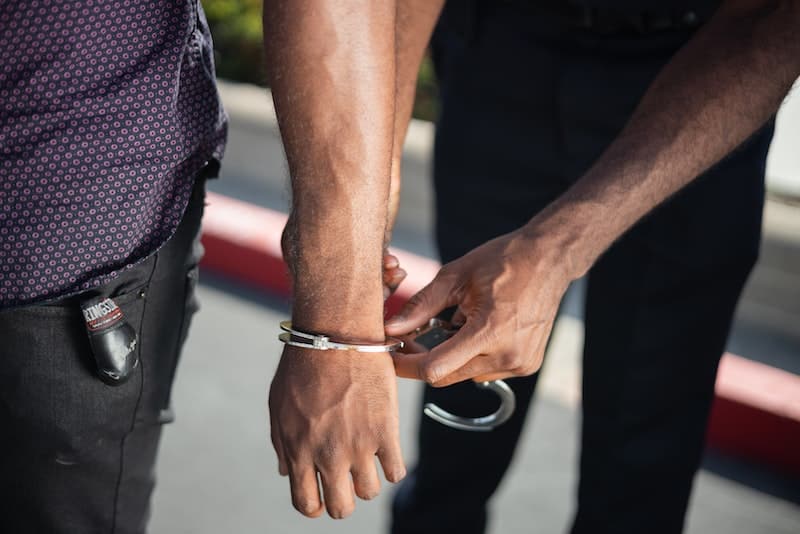Texas is a state that takes DUI charges very seriously. Listed below is insight into what happens if you get arrested for a DUI in Texas:
What “Driving Under the Influence” Means
Each state has its own definition of driving under the influence. These definitions inform drivers of exactly what’s illegal and outline what prosecutors must prove to get a DUI conviction in court.
But the DUI laws of all states follow the same basic structure and require proof that the person was operating a vehicle and under the influence. However, these two parts of a DUI charge aren’t always as straightforward as they appear.
Under the Influence
All states essentially have two types of DUI laws—impairment and per se laws. In other words, you can be convicted of a DUI:
- based on being actual impaired by drugs or alcohol, or
- for being “per se” under the influence based on the concentration of alcohol or drugs in your system.
Texas Drunk Driving Laws, Penalties, and Consequences
Texas officially uses the term “driving while intoxicated” (DWI) instead of “driving under the influence” (DUI). However, some people still use DWI and DUI interchangeably to refer to drunk or drugged driving.
Texas’s DWI laws prohibit all motorists from operating a motor vehicle:
- with a blood alcohol concentration (BAC) of .08% or more, or
- while intoxicated by drugs or alcohol.
Generally, you are considered “intoxicated” if you “lack the normal use of mental or physical faculties” as the result of ingesting alcohol, drugs, or any other substance. (It’s also illegal to operate a boat while intoxicated (BWI) in Texas.)
For underage drivers (those under 21 years old), Texas has “zero tolerance” laws making it illegal to get behind the wheel with any detectable amount of alcohol in their system.
Getting a DWI Without Actually Driving
In Texas, a motorist can get a DWI even without actually driving: The statute defines DWI as “operating” a vehicle while intoxicated or with a prohibited BAC. So while driving is sufficient for a conviction, it isn’t required.
Texas courts have said the term “operate” is very broad and includes any action to “affect the functioning” of a vehicle in a manner that “enables its use.”
Texas Blood Alcohol Concentration (BAC) Limits and Per Se DUIs
A drunk driving offense based on BAC—as opposed to the driver’s level of impairment—is known as a “per se” DWI. The amount of alcohol a person must drink to reach the legal limit depends on a number of factors such as gender, body size, and the number and strength of drinks.
Texas DWI Penalties
Texas DWI penalties vary based on the circumstances of the case. But the range of allowable penalties depends, in large part, on how many prior convictions the offender has. Here are what the potential sentences generally look like for a first, second, and third DWI.
Offenses: DWI Alcohol or Drugs
1st Offense
- Up to a $2,000 fine.
- Jail time between 3 days and 180 days.
- License suspension for up to 2 years.
- Annual surcharge up to $2,000 for 3 years to keep your license.
- DWI intervention or education program.
- Possible ignition interlock device.
2nd Offense
Up to a $4,000 fine.
Jail time between 1 month and 1 year.
License suspension up to 2 years.
Annual surcharge of up to $2,000 for 3 years to keep your license.
DWI intervention or education program.
Possible ignition interlock device.
3rd Offense
Up to a $10,000 fine.
State prison time between 2 years and 10 years.
License suspension up to 2 years.
Annual surcharge of up to $2,000 for 3 years to keep your license.
DWI intervention or education program.
Possible ignition interlock device.
DWI with a Child Passenger
If you’re driving while intoxicated with a child younger than 15 years old in your vehicle, you may face:
- Up to a $10,000 fine.
- Jail time up to 2 years.
- License suspension for 180 days.
Administrative Penalties
In Texas you can face other penalties for driving under the influence or refusing a chemical test which are unrelated and in addition to criminal penalties. These penalties are known as Administrative License Revocation (ALR) and are handled by the Department of Public Safety. These are civil penalties which will result in driver’s license suspension for failing or refusing a chemical test. These penalties are in addition to of the outcome of criminal court proceedings.
Failing or Refusing a Chemical Test Penalties
All drivers in Texas are subject to implied consent, which means that if you drive, you’ve implied your consent to a chemical test if law enforcement suspects you’re drunk or otherwise impaired.
If you fail or refuse a chemical test (often a blood or breath test), you will face Administrative License Revocation (ALR), which is a type of license suspension unrelated to your criminal DWI penalties. ALR carries specific penalties for refusing or failing chemical tests.
Chemical Test Refusals
Adults
- 1st offense: 180 days.
- 2nd offense (Refuse or fail test): 2 years.
Minors (Under 21 years old)
- 1st offense: 180 days.
- 2nd offense (Refuse or fail test): 2 years.
Chemical Test Failures
Adults
- 1st offense: 90 days.
- 2nd offense (Refuse or fail test): 1 year.
Minors (Under 21 years old)
- 1st offense: 60 days.
- 2nd offense (Refuse or fail test): 120 days.
ALR Procedures
Here’s how chemical test refusals or failures and ALR usually play out:
- You refuse or fail a chemical test.
- The officer takes your driver’s license and issues you a temporary driving permit.
- You have 15 days to request a hearing, after which any hearing request will be denied.
- If you don’t request a hearing, your license suspension kicks in 40 days after the arrest.
- You’ll eventually pay a $125 fee to get your license back.
Reinstate Your Texas Driver License
Reinstating your Texas driver license after a DWI conviction is fairly straightforward, though by no means quick and easy.
In summary, you must:
- Complete your license suspension or revocation.
- Pay your DWI fines and other court costs.
- Complete your jail sentence or community service hours.
- Complete the DWI Education Program, DWI Intervention Program, or Alcohol Education Program for Minors.
- Pay all applicable license reinstatement and maintenance fees (see below).
License Reinstatement Fees and Other Surcharges
You will face a variety of fees and surcharges related to license reinstatement and maintenance, and some of these depend on your age and circumstances.
For example, everyone must pay a $125 fee for license reinstatement after an Administrative License Revocation (ALR), which can happen whenever you fail or refuse to submit to a chemical test.
You also have the annual surcharges associated with the Driver Responsibility Program. These are the surcharges listed above under “DWI Penalties: Adults” and can range from $1,000 to $2,000 each year for 3 years.
Experienced DUI Attorney in Houston, Texas
Attorney Fuller is a seasoned attorney with nearly three decades of experience representing a wide range of clients. This includes individuals who have suffered an injury due to another’s actions, individuals facing criminal charges, those who have been arrested for DWI, individuals who have found themselves in a civil litigation dispute, and those looking for legal guidance in business.
After filling out a client intake form, Attorney Lanease D. Fuller will take appropriate action in your case to help you get the results you are looking for. This includes but not limited to gathering evidence, going to trial, and earning a settlement that is appropriate for your specific situation. Reach out to us today to take the first step towards settling your case.
LANEASE D. FULLER LAW
4615 S. Frwy St. 820
Houston, TX 77051
713-439-7400
View our Google Listing


